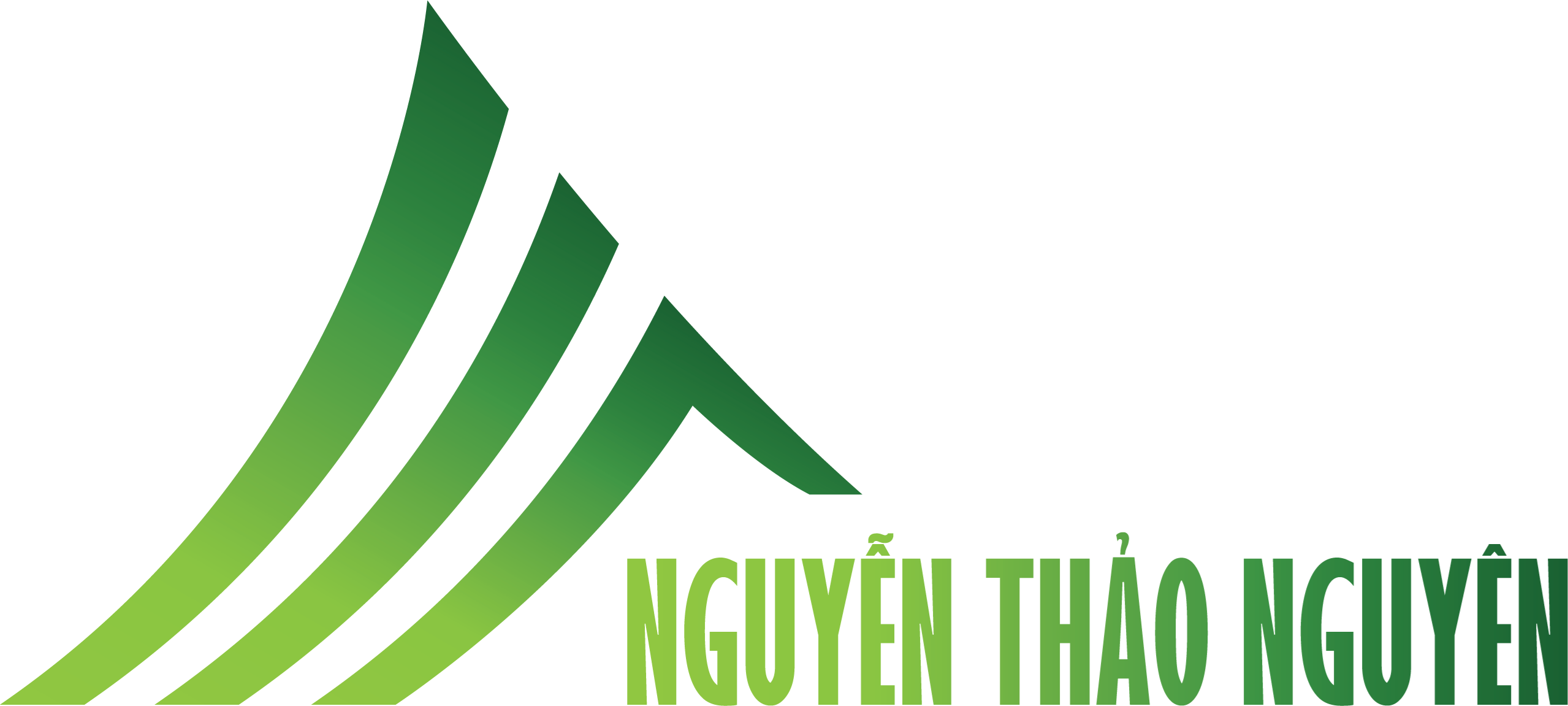I. Training objectives.
1.1 Training objectives.
General objectives.
To equip students with the knowledge, skills, and attitude to become best managers in the field of business administration. Collecting, analyzing informations for make business decisions in line with market mechanisms. Innovative application of knowledge to corporate governance such as: research, production, distribution of goods, services and other resources.
Detail objectives.
From the general objectives, the program has the following specific objectives (abbreviated as POs):
PO 1: Applying basic knowledge, foundations, and specializations in the field of administration.
PO 2: Develop professional skills, analysis, problem solving, creative thinking, systematic application of knowledge in work, research, and management.
PO 3: Develop and effectively use communication skills, independent work, team work, self-study skills to work, study, and research in the field of business administration.
PO 4: Developing the ability to grasp social needs, fulfill social responsibilities, professional ethics, and conduct lifelong learning.
1.2 Program learning outcomes(PLOs)
1.2.1. Knowledge
General knowledges:
PLO 1: Applying knowledge comprehensively on natural sciences, politics, and societyto the field of business administration.
Professional knowledges
PLO 2: Applying business theories to support managers in decision making in accordance with the market mechanism.
PLO 3: Applying management theories to corporate governance, building and operating production and business system and devising development strategies.
PLO 4: Identifying business opportunities and risks, proposing specific risk management options
1.2.2. Skills
Generic skills
PLO 5: Increase business management capacity, highly adaptable in the workplace.
PLO 6: Applying reasoning and systematic thinking; work independently, work in teams and solve problems effectively.
PLO 7: Developing good communication, presentation, and writing skills.
PLO 8: Using fluently foreign languages and information technology for professional works.
Professional skills
PLO 9: Conducting and analyzing statistical data to support decision making.
PLO 10: Mastering the use of software to support professional activities.
PLO 11: Thinking scientifically to make decisions, perform operations of governance.
PLO 12: Managing and developingnew products and services, the organization’sresources
1.2.3. Attitude
Awareness
PLO 13: Complying with laws, and maintaining a sense of responsibility for work, the society, and the community.
Attitudes
PLO 14: Self-improving professional knowledge, and professional ethics.
PLO 15: Self-studying and enhancing lifelong learning.
1.3. Correlation between program objectives and program learning outcomes
Table 1. Classification of the program learning outcomesof (Advanced) Business Administration Program
|
POs |
PLOs |
||||||||||||||
|
01 |
02 |
03 |
04 |
05 |
06 |
07 |
08 |
09 |
10 |
11 |
12 |
13 |
14 |
15 |
|
|
01 |
1 |
4 |
4 |
4 |
|
|
|
|
|
|
|
|
|
|
|
|
02 |
|
|
|
|
|
|
|
|
5 |
5 |
5 |
5 |
|
|
|
|
03 |
|
|
|
|
2 |
2 |
2 |
2 |
|
|
|
|
|
|
|
|
04 |
|
|
|
|
|
|
|
|
|
|
|
|
3 |
6 |
6 |
PLOs: Program Learning Outcomes
POs: Program Objectives
1: General knowledges
2: Professional knowledges
3: General skills
4: Professional skills
5: Awareness
6: Attitudes
2. Curriculum
Page count: 4173
Created : 30-08-2018
Last modify: 07-12-2019







